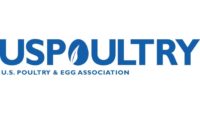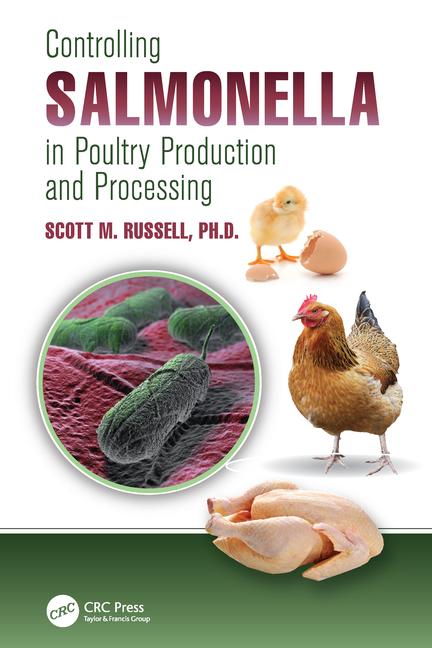Salmonella vaccines are a proven, pre-harvest intervention to reduce the overall prevalence of Salmonella contamination of birds entering the processing facility, especially the higher-risk Salmonella B and D serotypes. Now, the Centers for Disease Control and Prevention (CDC) is encouraging the poultry industry to expand the use of Salmonella vaccines to help control Salmonella in poultry flocks.
According to the CDC’s latest Morbidity and Mortality Weekly Report, researchers from the CDC’s Foodborne Diseases Active Surveillance Network (FoodNet) found that human food-borne illness incidents caused by S. enteritidis held steady last year, while S. typhimurium incidents declined by 13% compared to data collected from 2016-2018.
The CDC report goes on to say reductions in Salmonella serotype Typhimurium suggest that targeted interventions (e.g., vaccinating chickens with Salmonella vaccines) might help decrease human infections.
Typhimurium moved from the most common serotype during 1996–1998 to the third most common in 2019. Heidelberg, the third most common serotype during 1996–1998, is no longer among the top 20. These decreases might be partly related to the widespread practice of vaccinating chickens against Typhimurium, which shares antigens with Heidelberg.
“I think the biggest misconception is that poultry processing plants can solve everything. What we need to do to make sure in-plant interventions have the best opportunity to work is to send the processing plant lower levels of Salmonella in the first place,” says Bill Potter, a Food Safety Advisor for Elanco Food Safety. “Salmonella vaccines complement in-plant interventions by helping to reduce the amount of contamination brought to the processing plant. Then the in-plant interventions have a much greater chance of being effective, resulting in lower Salmonella contamination on finished products.”
The CDC report also states that new strategies that target specific Salmonella serotypes and more widespread implementation of known prevention measures are needed to reduce Salmonella illnesses. The adoption of Salmonella vaccines can help reduce pre-harvest Salmonella loads, thus ensuring that Salmonella control is a shared responsibility across the poultry production chain.
“Elanco Food Safety works side by side with live-production, quality assurance and food safety teams. Together, we can develop pre-harvest intervention strategies that reduce the amount of Salmonella contamination brought to the processing plant, helping the food chain reduce the likelihood of foodborne illnesses,” says Potter.
Learn more about Salmonella vaccines at Working Together for Food Safety and Salmonella 360.





Report Abusive Comment